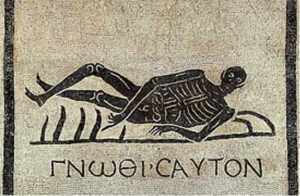From Experience to Insight – the Personal Dimension of Philosophy
Written by Muriel Leuenberger
The more philosophers I have come to know, the more I realize how deeply personal philosophy is. Philosophical positions often emerge from personal experience and character – even the seemingly most technical, detached, and abstract ones. As Iris Murdoch wrote: “To do philosophy is to explore one’s own temperament, and yet at the same time to attempt to discover the truth.” Philosophy is an expression of how one sees the world, a clarification, development, and defense of “an outlook that defines who someone is” to add the words of Kieran Setiya.
This personal dimension of philosophy becomes evident in the new philosophical positions and topics that emerge when people with different personal experiences and points of view start to do philosophy. The most prominent example is how women in philosophy, particularly in the last 50 years, have contributed new perspectives – a brush of fresh air in old, stuffy rooms. Philosophy’s allegedly objective view from nowhere was rather the view from a particularly male perspective. Care ethics, feminist philosophy, and philosophy of pregnancy are just some areas where the inclusion of women in philosophy with their own outlook and priorities has advanced the discipline.[i]
Read More »From Experience to Insight – the Personal Dimension of Philosophy


